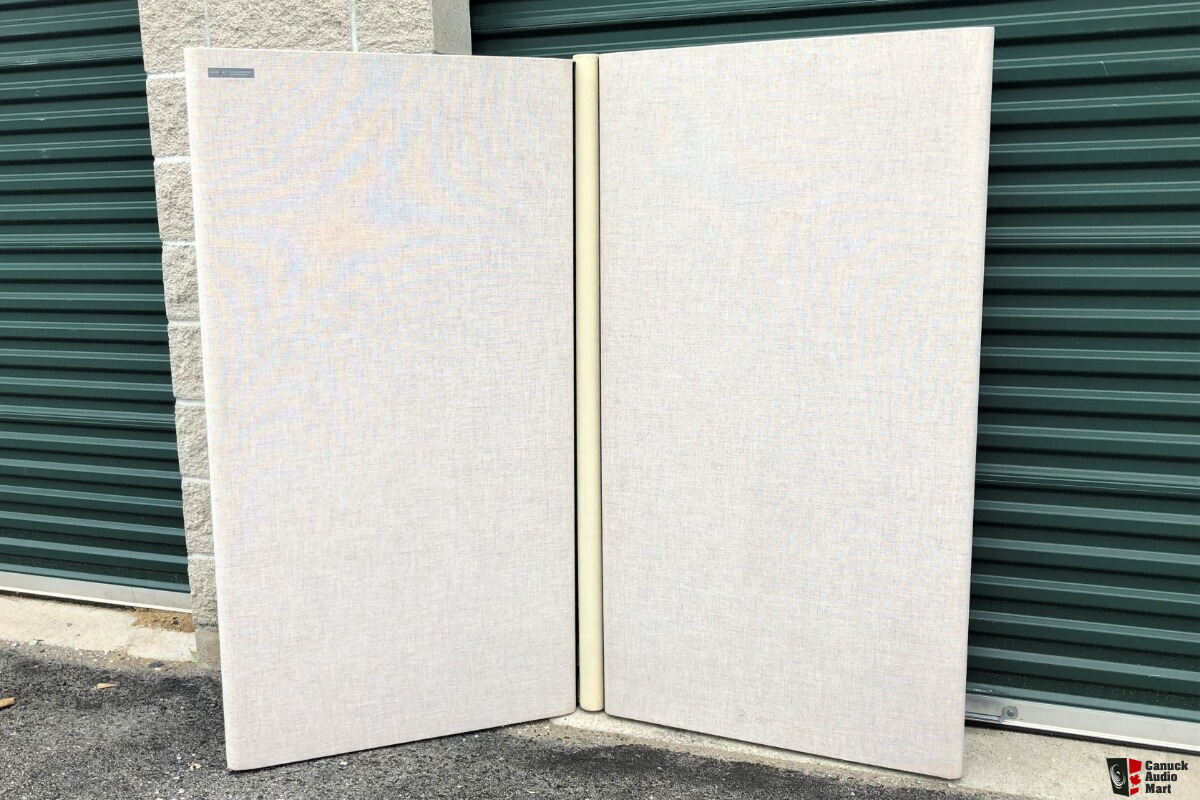I understand STC, "XTC for loudspeakers playback makes it like listening to headphones but without the inside head perception."
This is a breakthrough product, to be sure. I'm interested in the u-BACCH VST. I predict it won't be long before this technology combines with DSP room correction.
This is a breakthrough product, to be sure. I'm interested in the u-BACCH VST. I predict it won't be long before this technology combines with DSP room correction.

